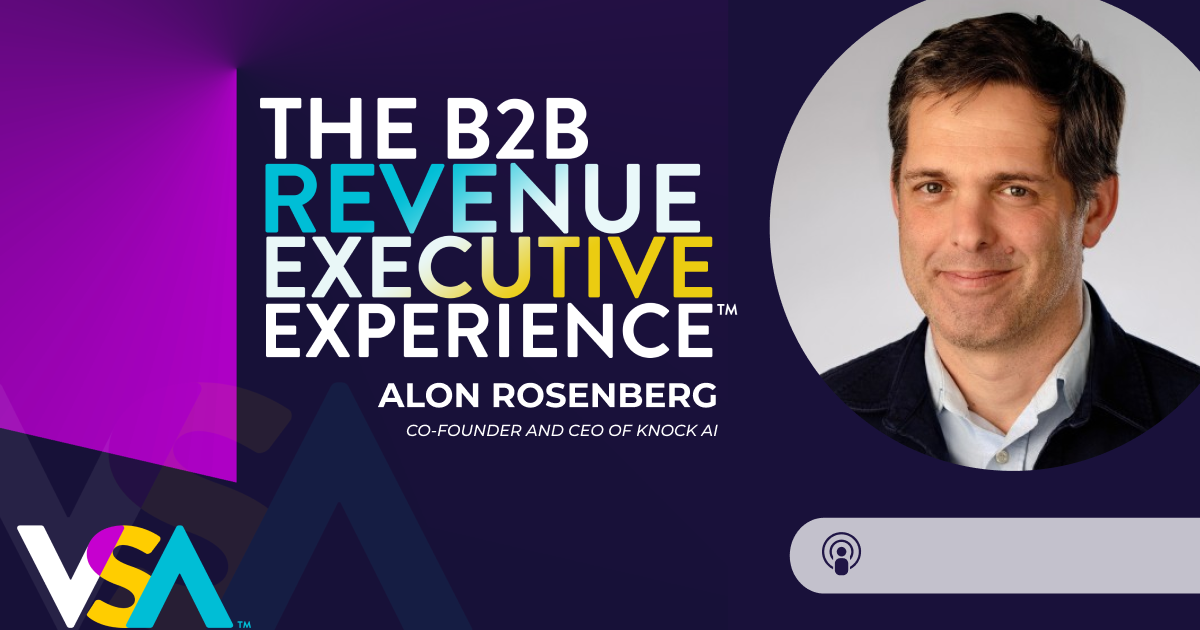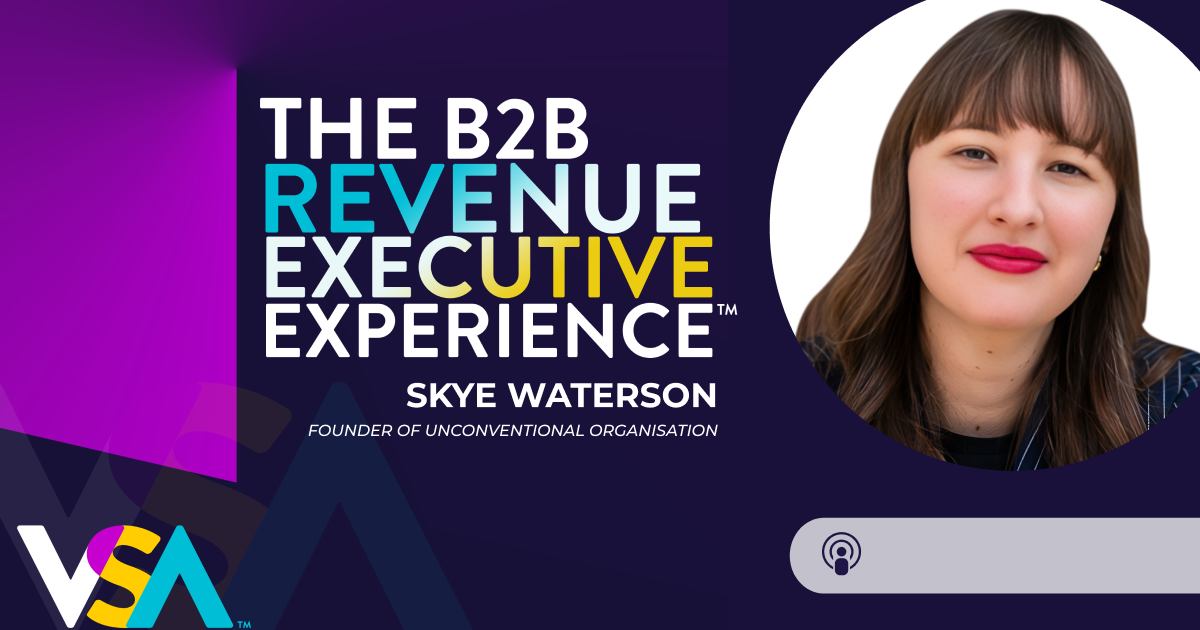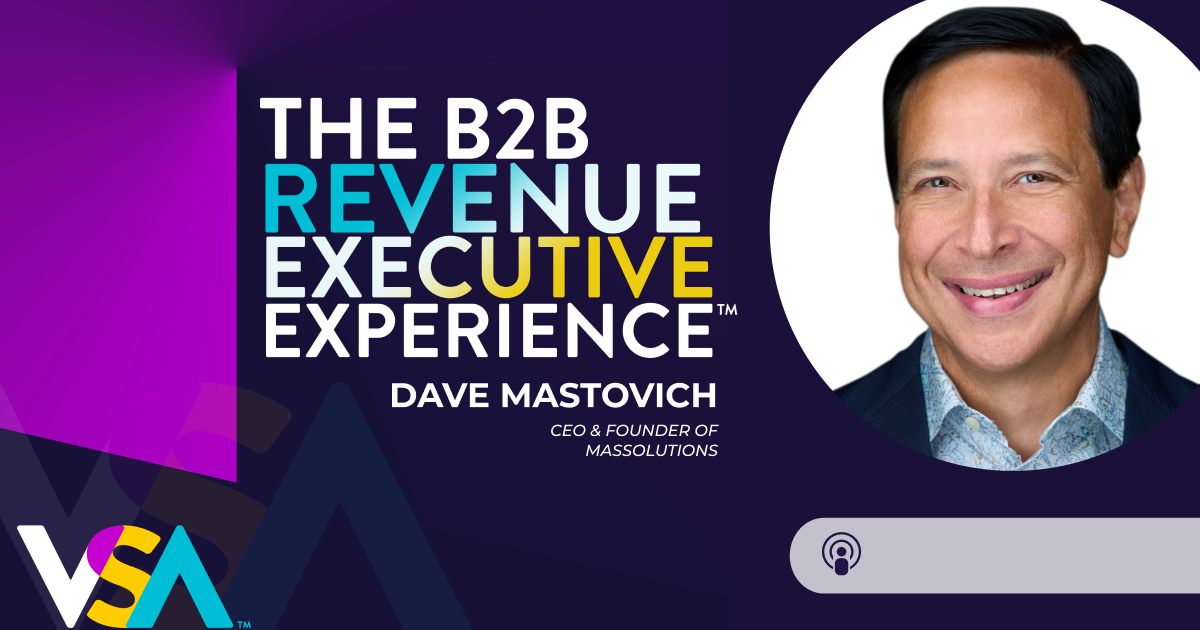How to Prepare for an Acquisition

– Subscribe to the Podcast or Write a Review: –
iTunes – Google Podcasts – Stitcher – TuneIn
Building a business is hard work. It becomes your whole life.
You pour your entire heart and soul into mastering your market.
But a day will come when you want to take a break. Do you know what to do?
Well, if you don’t, have no fear. Our guest today is Terry Lammers, Co-Founder and Managing Member of Innovative Business Advisors and he’s going to walk you through everything you need to know.
Author of “You Don’t Know What You Don’t Know,” Terry literally wrote the book on acquisitions.
He explained:
- Why cash flow is the most important factor in an evaluation
- Why you need a realistic valuation and relevant, readable financial statements
- How to position your company
It’s all about the cash flow
If you want to sell, don’t focus on net income. Focus on gross profit and cash flow.
“The value of your business is primarily going to be derived off the cash flow it’s producing.”
TERRY LAMMERS at Innovative Business Advisors
This is something even Terry had trouble with as an owner of some pretty large companies.
But the simple fact of the matter is no bank looks at net income. They care about cash flow.
This is an are where a lot of people seem to get confused. I’m sure you’ve heard it before: “I’m having a great year, my sales went up half a million!”
Well, if your gross profit hasn’t gone up the same amount, what’s the point in the sales?
You’ve basically just added more costs to get those sales and your margins haven’t changed.
So, if you want to sell at the best price, you need to work on getting your cash flow in order. Added sales won’t help you without increasing your margins.
Know your worth and be prepared to show it
Another area where people trip up is relying on unrealistic valuations for their company.
It’s bad enough they believe an inflated number, but the problem only gets compounded when they tell others who believe them, too. Like their financial advisor.
If you discover a few months before you planned to retire on the sale from your $5 million business it’s actually worth $2.5 million, that’s going to put a pretty huge damper on your plans.
So, get a proper evaluation done.
The other huge thing is getting your financial statements in order (and, seriously, pay your taxes).
“Your financial statements are the face of your company. They need to be readable and relevant. “
TERRY LAMMERS at Innovative Business Advisors
Yeah, I know, this can be a drag if you aren’t a financially-oriented person. But without readable, relevant, up-to-date financial information, you’re going to have a lot of trouble selling.
Even worse, if you do sell, you’ll probably get a much lower price than you’re really worth.
Positioning your company for the sale
You’ve gotten a realistic valuation; you’ve updated and combed through your financial statements with the zeal of a middle-school English teacher.
But there’s still work to be done in order to get all your ducks in a row.
First, how well does your business run without you?
Many times, founders and owners are heavily involved in the day-to-day operations of the business as they build it, for obvious reasons. And sometimes that’s a hard habit to kick.
But if your business can’t run without you, who is going to want to buy it?
“What really makes your company valuable is when the owner is not involved in the company as much.”
TERRY LAMMERS at Innovative Business Advisors
You also need to look at other financial considerations.
Do you have equipment? Vehicles? Then you’ll need to get a detailed maintenance history for each and can show what any loans or leases look like.
What about real estate? Hopefully, you know who owns it. A buyer will certainly want to know. And if any of this is too complicated, you can hire a broker to help you through it.
This brings us to the final thing you need to figure — who your team will be. For instance, you might need a financial advisor or an attorney.
Many people will tell you you don’t need an attorney, but sometimes getting an attorney with mergers and acquisitions experience can help smooth out the process.
Keep in mind though, no matter what your aunt says you’ll definitely want to avoid hiring your cousin-in-law who’s an estate planning attorney saying he can help. He probably can’t and will only muddy the waters.
But if you follow Terry’s advice and you have the right team assembled, you should be able to navigate the process without any real trouble.
Then you’re ready for your next chapter — and with a lot of money to fund it.
This blogpost includes highlights of our podcast interview with Terry Lammers, Co-Founder and Managing Member of Innovative Business Advisors and author of “You Don’t Know What You Don’t Know.”
Subscribe to hear this episode and many more like it. For the entire interview, you can listen to The B2B Revenue Executive Experience. If you don’t use Apple Podcasts, we suggest this link.
Explore More









